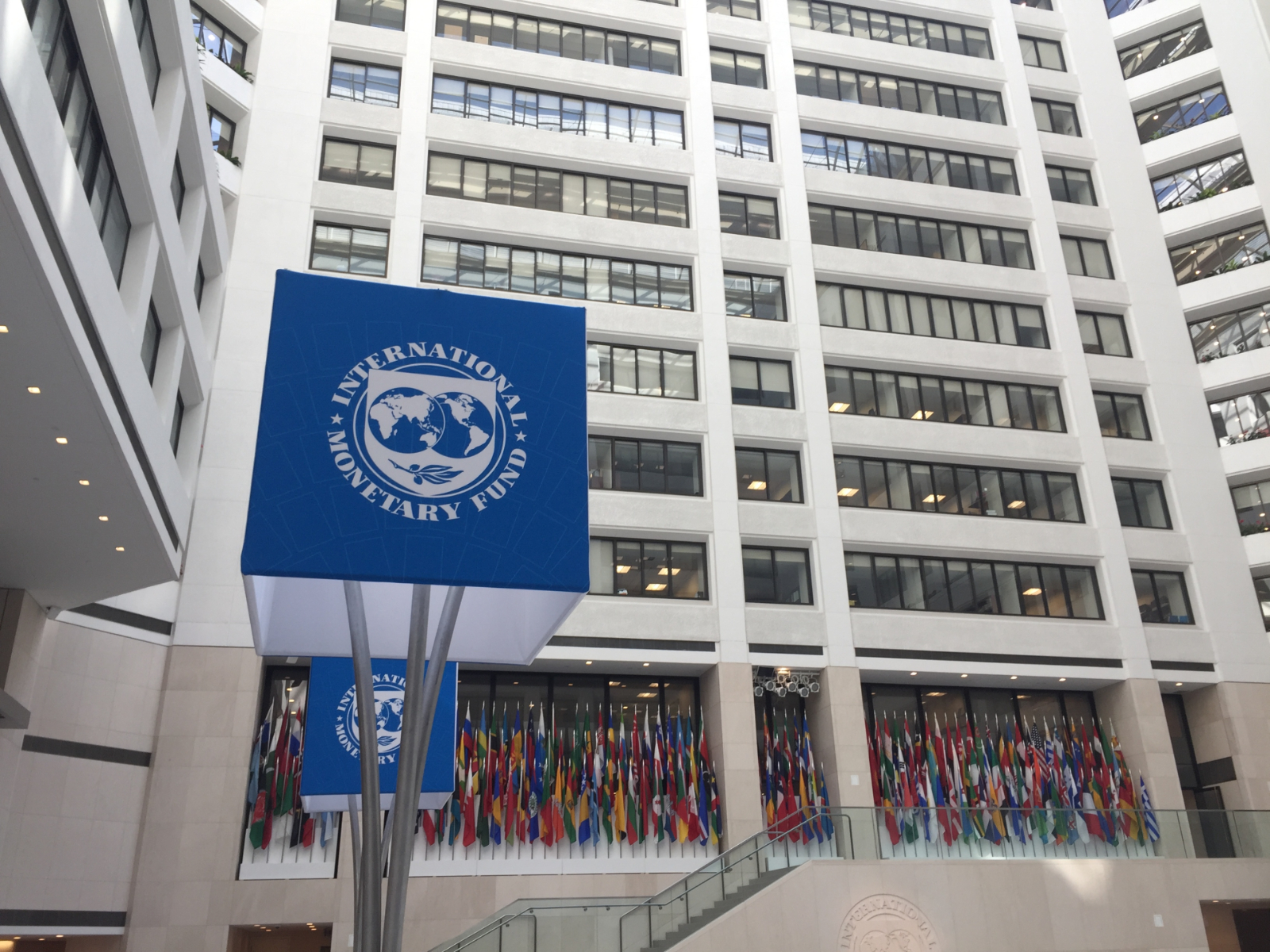Egypt’s budget deficit is expected to narrow to 6.3% of GDP –IMF

Egypt’s budget deficit is still expected to narrow by the end of the current fiscal year, but will shrink at a slower pace over the next several years than previously expected, the IMF said in its latest Fiscal Monitor Report (pdf).
The IMF now sees the budget deficit narrowing to 6.3% of GDP by the end of the current fiscal year, compared to 7.3% in FY2020-2021. Although that may seem promising, the 6.3% figure is up 0.5 percentage points from the fund’s previous forecast for the FY2021-2022.
Looking further ahead: The fund’s October projections see the deficit continue to drop until it hits 4.4% of GDP in the FY2025-2026. A slight increase from the 4.2% figure forecasted in the fund’s April report and a bigger increase from last year’s forecast of 3.8%.
The report is expecting the primary surplus to see a slight improvement than previously thought, coming in at 1.7% of GDP at the end of the current fiscal year which will end on 30 July, 2022, from the previously forecasted 1%.
The fund is anticipating a slight increase of 0.2 percentage points in public spending: It now sees spending rising to 27.4% of GDP in FY2021-2022 from the 27.2% recorded during the last fiscal year, which was down from the fund’s 27.9% forecast. The Egyptian government will soon be subject to new budget regulation after the Senate gave its preliminary approval of the Unified Budget Act, which would govern the state’s annual budget and government accountability into an updated bill that accounts for modern budget preparation processes and erases overlap between different pieces of legislation.
Although the country’s debt is lower than expected: The current fiscal year’s gross debt saw a slight drop to 89.5% from the 88.9% predicted during the fund’s last report in April and a significant drop from last year’s debt, which recorded 91.4%. Debt will continue on its downward trend until FY2025-2026, when it reaches 74.1% and gross financial needs for the current fiscal year will take up 36.9% of the GDP.
With debt decreasing and revenues on the rise, things are looking up for the Egyptian economy as its financial gap becomes smaller and smaller: Revenues are forecasted to rise to 21% in FY2021-2022 from the 19.9% during the last fiscal year and will slowly tick up to reach 21.6% by FY2025-2026.
Additional indicators: Healthcare spending will see a 0.2% rise from 2020-2030. The report is projecting a 2.1% drop in interest rate growth from 2021 to 2026, which comes in line with the Central Bank of Egypt leaving interest rates unchanged for a seventh consecutive meeting last month.
The report’s fiscal projections for Egypt are mainly based on budget sector operations and they are based on the budget for the fiscal year 2021-22 and the fund’s macroeconomic outlook.
These projections come shortly after the IMF slightly downgraded its projection for global growth in 2021 to 5.9% in its October World Economic Outlook report (pdf) — down a slim 0.1 percentage points from 6% in its last update in July.